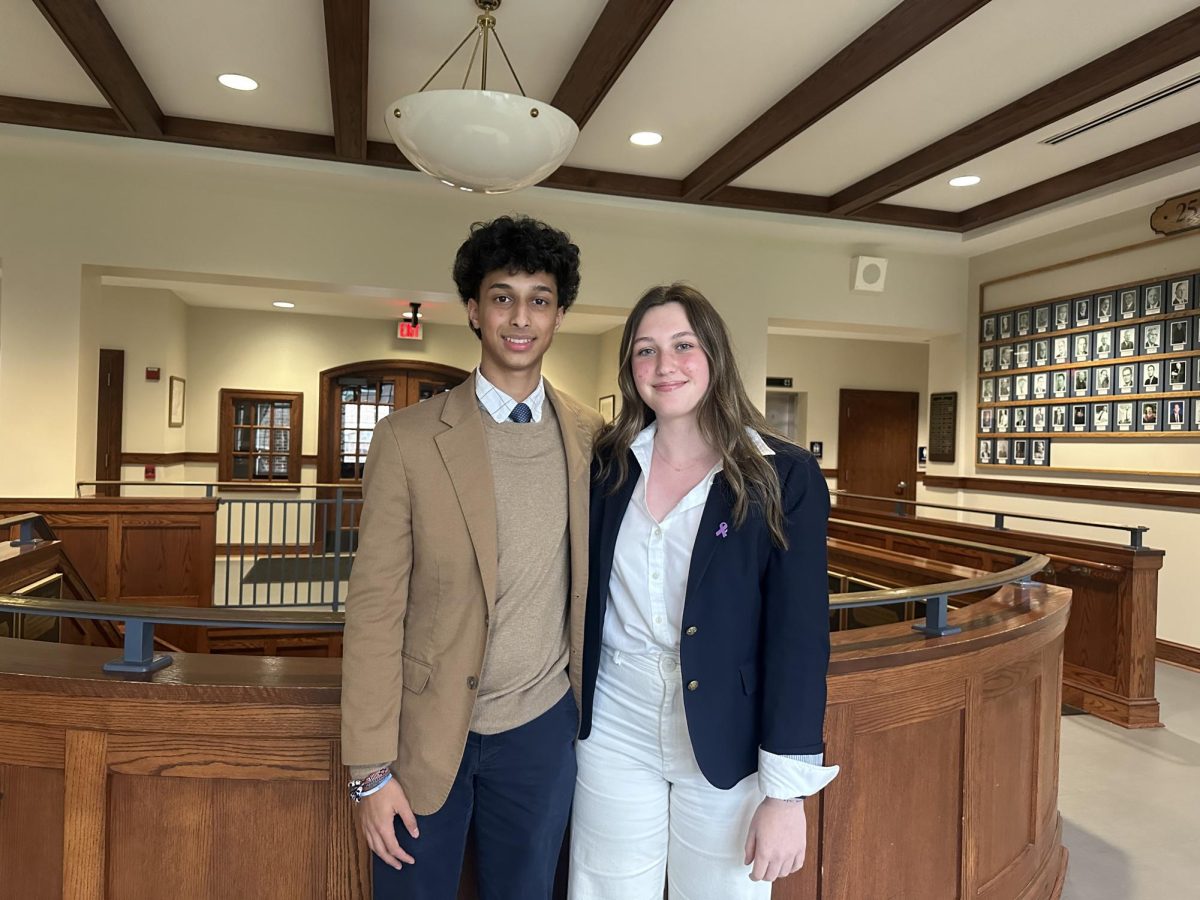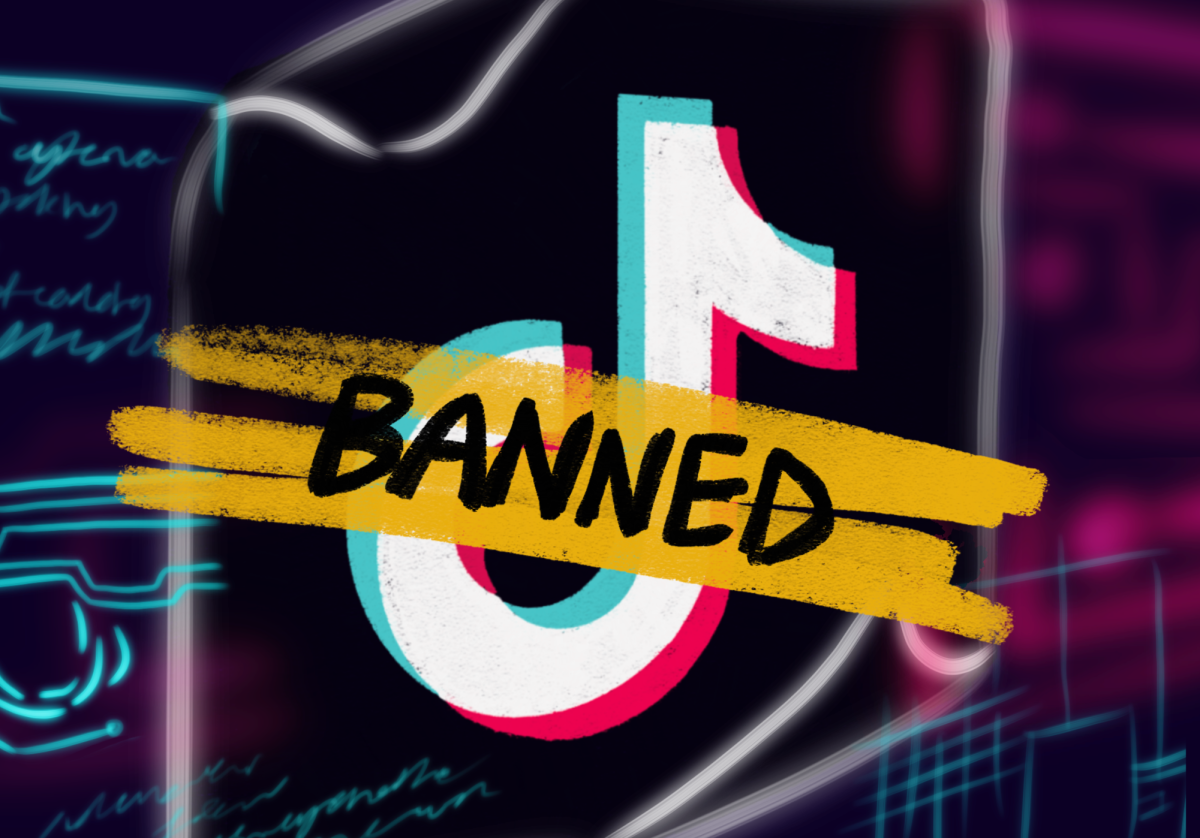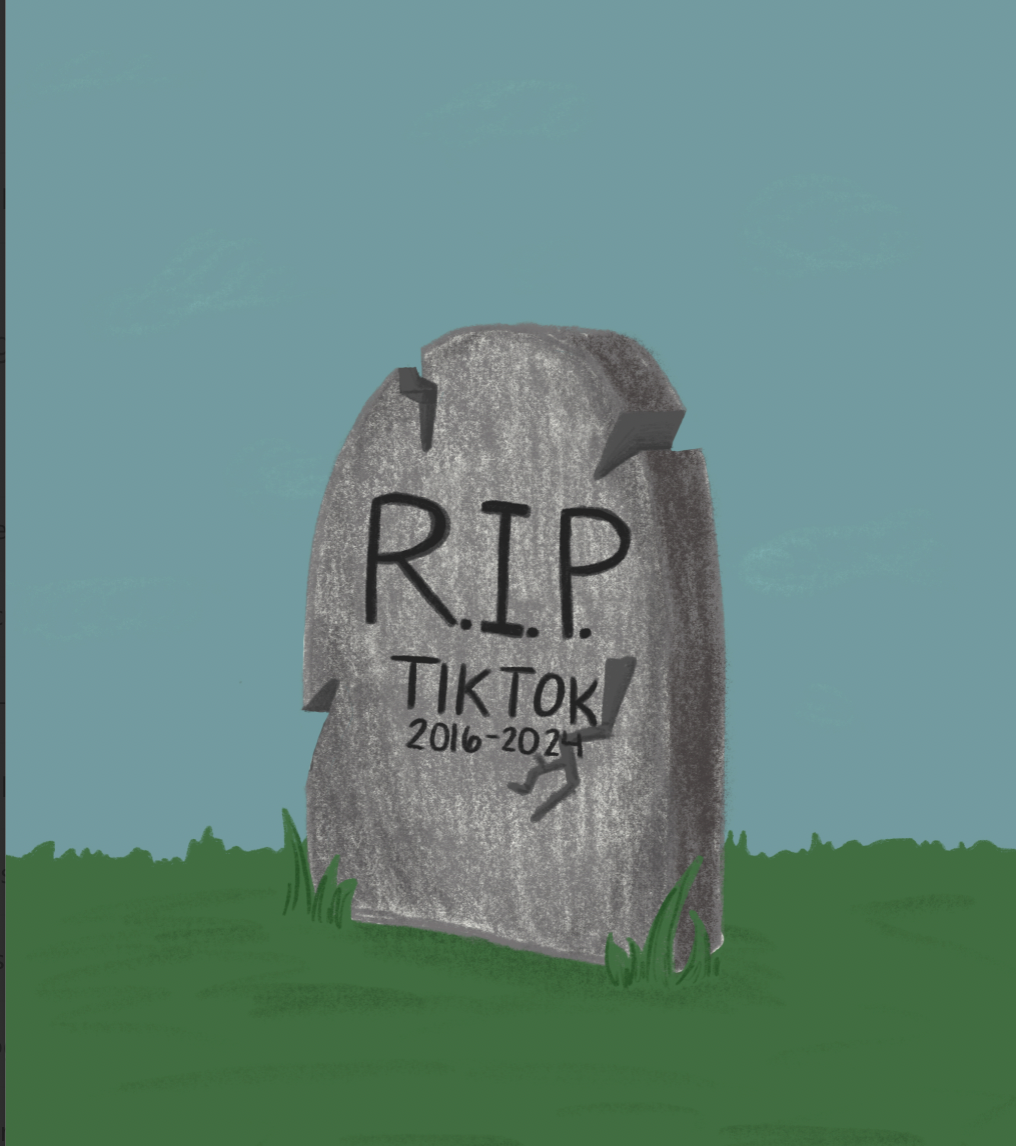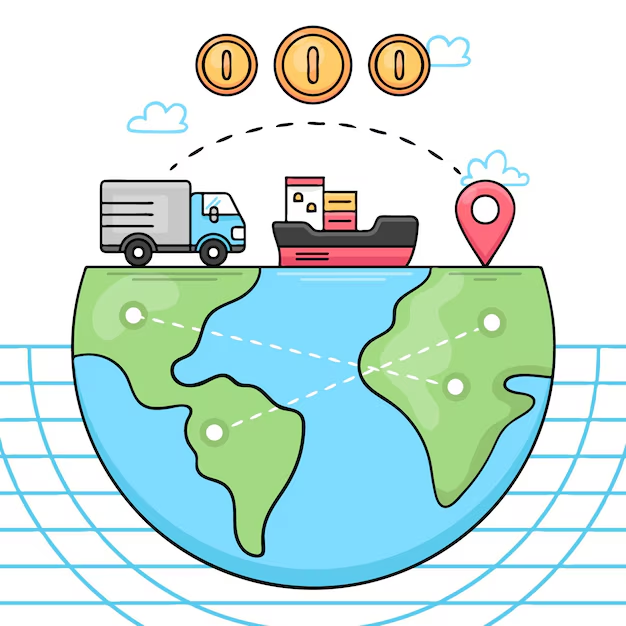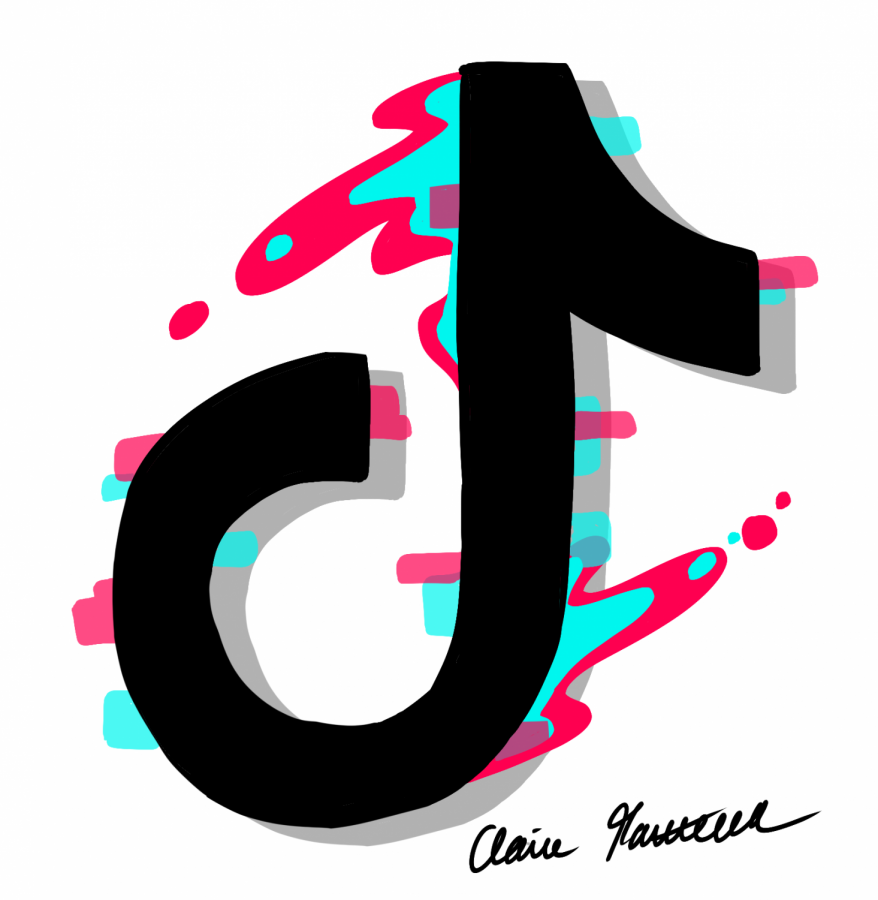TikTok takes on the U.S. government
Almost everyone has it: TikTok, the short video platform that you spend way more time on then you would like to admit, is a fun escape from work. But how did this mostly lip-syncing, dance-trend starting, Vine-stealing, app for kids find itself in the middle of a cold war between America and China?
Founded in September 2016 and merged with Musical.ly in 2018, TikTok, a Vine clone created for the Chinese market by ByteDance, has become a global powerhouse boasting an impressive 800 million monthly active users: 100 million in the United States alone. Its influence is next to inescapable: a top trending song on TikTok typically translates to a top trending Spotify song, as seen with “Blueberry Faygo,” “Lalala,” and “Party Girl.” This power is just a small reason for the company’s staggering $78 billion evaluation, making it the most valuable startup in the world, surpassing the crown’s previous holder, Uber, by $10 billion dollars. Yet, why is a company like TikTok so valuable when other platforms with the same format — Vine, Musically, Mixer, Vine 2 — all seem to unavoidably fail? The short and sweet answer is you.
TikTok is a data titan. Every single video you watch, link you share, or post you like is closely monitored and accounted for, and that’s a problem. This data collection practice poses a severe national security threat at the worst time: a highly contentious and controversial election. The current presidential administration’s choice to issue an order banning TikTok from operating after Sept. 15 if its Chinese parent company did not sell it was smart. The American government is not the only democracy banning TikTok; India recently banned the use of TikTok throughout the country. As cited by the White House, a statement by India’s Ministry of Electronics and Information Technology asserted that TikTok was “stealing and surreptitiously transmitting users’ data in an unauthorized manner.”
One of, if not the biggest threat to democracy, is election tampering, and its most prominent proponent today is social media. Social media can be a leading advocate for freedom, which is best illustrated in the Egyptian revolution; but, adversely, it can taint it. With more than half of TikTok users in the United States being between 18-34 years old, TikTok commands a significant portion of potential voters. With the Russian tampering scandal still looming over Americas’ heads, why open ourselves up to another potential threat? This election will be one of the most unique ones in history, and, with all eyes focused on America, there is no room for interference.
Politics aside, the executive order to have TikTok sell off its American branch or be banned was necessary. Data security and data privacy are more important than ever coming into this election cycle. Though it may seem unfair, even if there is the smallest chance that TikTok may affect our election, it must be banned. We cannot accept a repeat of the smog that still clouds 2016. TikTok has not become such a staple in your day that you should accept potential election tampering; you can always find videos of Addison Rae doing the WAP on YouTube.



